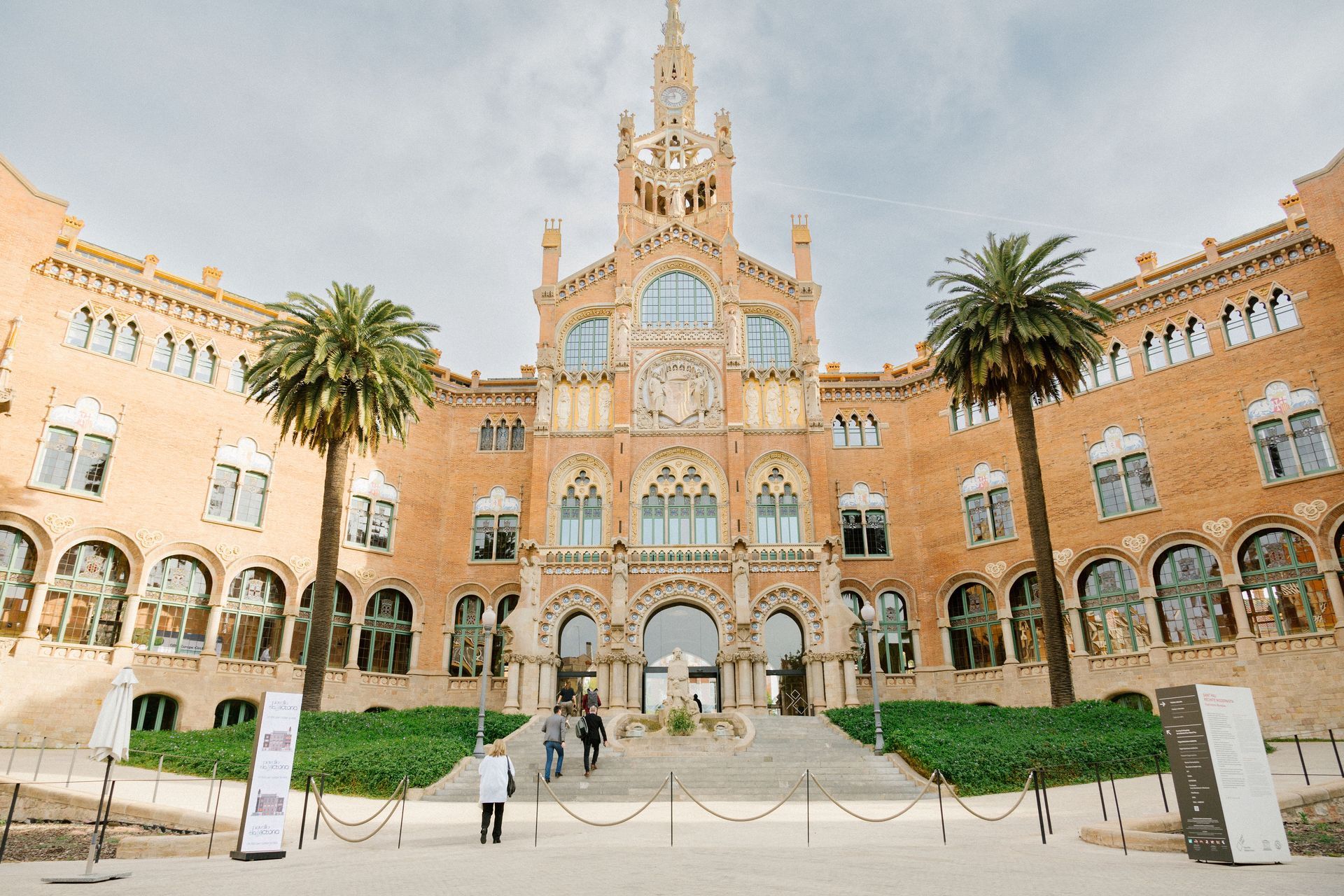The importance of reducing our impact on the warming world
Amongst all the policies and jargon out there, it’s easy to forget why it all matters and what the overarching goal is, so let’s take a moment to think about it.
The pressure on Earth’s resources is becoming unbearable. Every year, Earth Overshoot Day (the annual date that marks the point when humanity uses more biological resources than the Earth can regenerate within a given year) creeps earlier and earlier.
Extreme heat events are becoming more common with forest fires on the rise; species are dying due to habitat loss and food scarcity; our seas are rising and warming leading to devastating floods and enforced migration. All of this and we’re still projected to exceed 1.5 degrees of global warming, despite the 2015 Paris Agreement and subsequent UN promises.
In short, we need action, and we need it yesterday.
How is it relevant to real estate, and why should you care?
It is particularly important in real estate because the built environment is responsible for a massive 39% of the planet’s carbon emissions, with operational emissions (i.e., heating and lighting buildings) accounting for 28% of that. The remainder comes from the embodied carbon used in the creation of building materials like steel and concrete and the processes involved in a building’s life cycle: from its initial construction to its eventual demolition.
The sector therefore has a significant opportunity to reduce global emissions by adhering to net zero standards, focusing on reusing and recycling materials, and (preferably) retrofitting existing buildings with sustainable solutions.
CO2 emissions have never been higher, with 36.8 billion tons of CO2 equivalents in 2022 which is higher than pre-pandemic levels (36.2 billion tons in 2019).
If making significant steps to reduce these figures and move towards net zero isn’t enough, what other reasons are there for the sector to take action?
- Occupier demand: building occupiers, whether in office buildings, hotels, retail or residential, are demanding more sustainable spaces and better performing buildings to reduce their own costs and carbon emissions.
- Shareholder, stakeholder and investor expectations: as awareness of the environmental impact of buildings increases, so does the realisation that poor performing buildings will offer significant investment risk. More and more investors are taking ESG into consideration when choosing where to place their money.
- European and national regulation: as we will discuss in subsequent blog articles, tighter regulations such as the EU Taxonomy, net zero commitments and reporting requirements are forcing action. It won’t be long until a moral obligation becomes a legal one.
If that doesn’t give you pause for thought, we don’t know what will.
Our top three tips for reducing your impact in the real estate industry.
1. Reuse existing building structures instead of creating new buildings
Whether it’s retrofitting your existing building to be more energy efficient (heating, ventilation, HVAC, lighting and water systems) or adaptive reuse for the preservation of historic buildings - there are significant time, carbon and cost saving benefits to the reuse of existing structures.
2. Build with reused and recycled materials
Many construction materials, such as concrete, bricks/blocks, timber, paving, glass, metals, and more, can be reused. Where new construction is necessary, there should be a focus on resource efficiency by reducing waste, reusing materials, and using recycled products or products produced using low-carbon methods.
3. Stop using fossil fuels
This might feel like a big leap but reducing emissions to reach our net-zero goals (and in turn slowing climate change and reducing our impact on natural resources) requires using low-carbon energy sources to replace fossil fuels. Switching to clean energy providers or investing in on-site renewables can reduce costs in the long-term as well as shrinking your carbon footprint.








Head Office, Berlin,
Neue Grünstraße 17 | 18 Hof 1 | TRH 3
10179 Berlin
© ES EnviroSustain GmbH 2021





